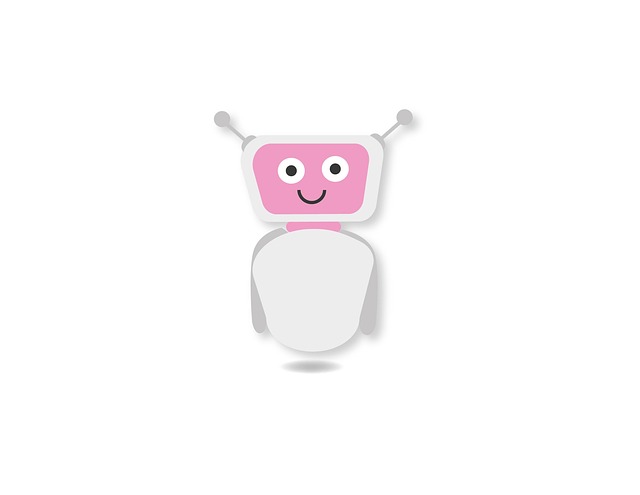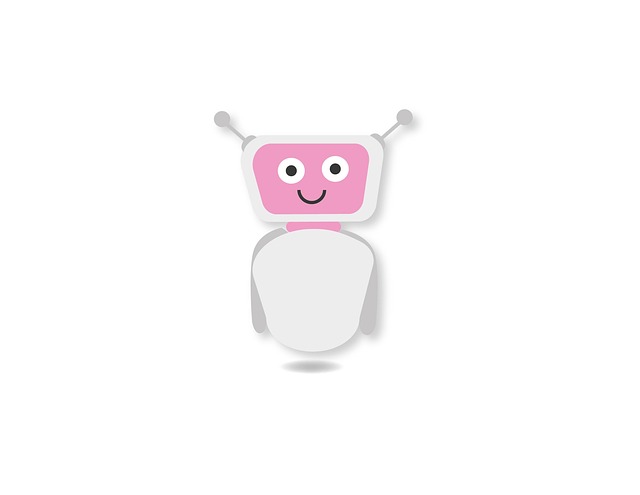The Shopify Search App, powered by AI algorithms, offers personalized search experiences through chatbots and site searches, learning from user interactions to improve accuracy and expand product discoverability over time. Chatbots for Shopify provide 24/7 support, address queries swiftly, and guide shoppers through the buying journey, enhancing user experience and offering valuable data insights. Integrating a chatbot on a Shopify store boosts customer engagement and sales, with platforms like Dialogflow, ManyChat, or MobileMonkey facilitating setup and customization. AI-driven chatbots offer instant support, collect valuable customer data, personalize marketing campaigns, and streamline interactions, ultimately driving sales growth in the evolving digital retail landscape.
“Unleash the power of enhanced customer experience with the Shopify Search App and its integration of chatbots—a game-changer in e-commerce. This article explores how these AI-driven tools revolutionize online shopping, offering personalized interactions and seamless navigation. From understanding the app’s functionality to implementing a chatbot on your Shopify store, we provide a step-by-step guide. Discover the myriad benefits, from improved customer satisfaction to increased sales, and glimpse into the future of AI-personalized shopping.”
- Understanding Shopify Search App: Enhancing Customer Experience
- The Role of Chatbots in E-commerce: A Game Changer
- Integrating a Chatbot for Shopify: Step-by-Step Guide
- Benefits of Using a Chatbot for Your Shopify Store
- Future Trends: AI and Personalized Shopping with Shopify Chatbots
Understanding Shopify Search App: Enhancing Customer Experience

The Shopify Search App is a powerful tool designed to revolutionize how customers interact with your online store. By integrating advanced search capabilities, this app goes beyond traditional product listings, offering a seamless and personalized experience for your shoppers. It utilizes AI-driven algorithms to understand customer queries, providing relevant results that cater to individual preferences. This means that when a customer interacts with the chatbot or searches on your site, they receive tailored suggestions and accurate findings.
This app enhances user satisfaction by ensuring that customers can find what they need quickly and easily. With its ability to learn from customer interactions, it adapts over time, improving search accuracy and expanding product discoverability. By leveraging this technology, Shopify merchants can create a more engaging environment, driving conversions and fostering customer loyalty. A chatbot for Shopify, in essence, becomes an invaluable assistant, guiding shoppers through the vast catalog of products and enhancing overall user experience.
The Role of Chatbots in E-commerce: A Game Changer

In today’s digital era, customers expect instant answers and personalized interactions. This is where chatbots for Shopify come into play as a game-changer in e-commerce. By integrating AI-powered bots on their websites, Shopify stores can provide 24/7 customer support, answer frequently asked questions, and even guide shoppers through the purchasing process. These chatbots enhance user experience by offering quick solutions, reducing response times, and allowing customers to shop with ease.
Furthermore, chatbots collect valuable data from customer interactions, helping businesses make informed decisions. They can analyze shopping patterns, provide product recommendations, and offer targeted promotions, ultimately increasing sales and fostering stronger customer relationships. With the ability to handle a high volume of inquiries simultaneously, chatbots for Shopify are revolutionizing how e-commerce platforms engage and serve their customers.
Integrating a Chatbot for Shopify: Step-by-Step Guide

Adding a chatbot to your Shopify store can significantly enhance customer engagement and sales. Here’s a straightforward guide on how to integrate a chatbot for Shopify, making your online retail experience more dynamic and interactive.
1. Choose a Reliable Chatbot Platform: Select a platform compatible with Shopify, offering features like natural language processing (NLP) and customizable responses. Popular options include Dialogflow, ManyChat, and MobileMonkey. Install the app from the Shopify App Store.
2. Set Up Your Chatbot: After installation, configure your chatbot by defining greetings, intents, and entities. Intents determine the purpose of user messages, while entities help contextualize them (e.g., product names). Train your chatbot using sample conversations to improve its understanding.
3. Customize Integration: Tailor the chatbot’s appearance to match your brand identity. Adjust colors, add logos, and select conversational styles that align with your store’s tone. Set up triggers and conditions for when the chatbot should engage customers, such as after they’ve viewed a certain number of products.
4. Test Thoroughly: Before launching, test various scenarios to ensure smooth interactions. Check how the chatbot responds to common queries, product recommendations, and potential issues. Refine its capabilities based on these tests.
5. Launch and Monitor: Once satisfied with testing, make your chatbot live. Regularly review conversation logs, analyze user feedback, and update your chatbot’s knowledge base accordingly. Continuously optimizing its performance ensures a valuable customer experience.
Benefits of Using a Chatbot for Your Shopify Store

Integrating a chatbot into your Shopify store offers numerous advantages, enhancing both customer experience and business efficiency. These AI-driven assistants provide instant support, responding to customer inquiries in real time. Whether it’s answering product questions, offering size or color recommendations, or guiding users through checkout, chatbots ensure round-the-clock availability without the need for constant human oversight.
Moreover, chatbots can collect valuable customer data, allowing retailers to gain insights into purchasing patterns and preferences. This information can be used to personalize marketing campaigns, suggest relevant products, and improve overall store performance. With their ability to streamline interactions and provide tailored assistance, chatbots are a powerful tool for any Shopify merchant looking to boost sales and create a more engaging shopping environment.
Future Trends: AI and Personalized Shopping with Shopify Chatbots

The future of shopping is set to be transformed by Artificial Intelligence (AI) and its ability to offer personalized experiences. Shopify, recognizing this trend, has integrated AI into its platform with the introduction of chatbots. These chatbots are not just tools; they are dynamic, learning assistants that can understand customer queries, provide relevant product recommendations, and even offer tailored shopping advice.
As e-commerce continues to evolve, AI-powered chatbots will play a pivotal role in enhancing user engagement and satisfaction. With natural language processing capabilities, these chatbots can engage in human-like conversations, making the shopping experience more interactive and efficient. By leveraging customer data while maintaining privacy, Shopify chatbots can deliver personalized product suggestions, creating a unique and compelling shopping journey for each individual.
The Shopify Search App, coupled with integrated chatbots, represents a powerful duo revolutionizing e-commerce. By enhancing customer experience through intuitive search and personalized interactions, these tools are not just beneficial but essential in today’s competitive digital landscape. As we look ahead, the integration of AI promises to further personalize shopping experiences, marking an exciting future for both Shopify users and their customers. Embracing these innovations ensures businesses stay ahead, providing seamless, efficient service that keeps customers coming back. For those considering a chatbot for their Shopify store, the benefits are clear: improved customer satisfaction, increased sales potential, and a competitive edge in the market.
